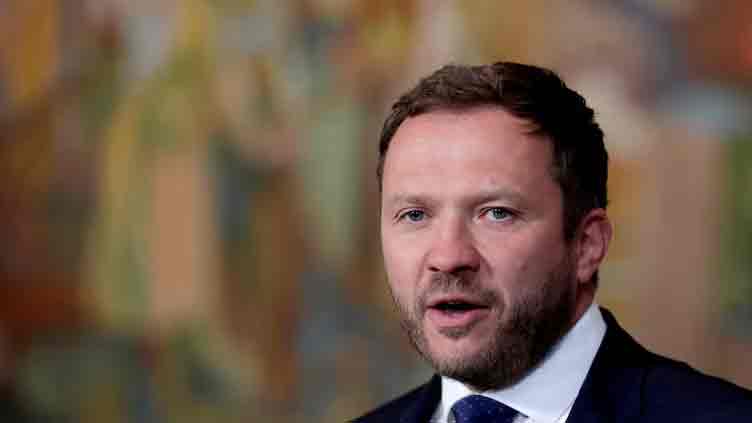Scholz's Putin call was 'strategic mistake', Estonia says

World
Scholz's Putin call was 'strategic mistake', Estonia says
BRUSSELS (Reuters) - German Chancellor Olaf Scholz's call with Russian President Vladimir Putin was a "strategic mistake" that weakened European unity in the face of Moscow's war against Ukraine, Estonian Foreign Minister Margus Tsahkna said on Monday.
In an interview with Reuters on the sidelines of a meeting of European Union foreign ministers in Brussels, Tsahkna said he hoped widespread international criticism of Scholz's call would dissuade any other European leaders from talking to Putin.
Scholz held a one-hour call with Putin on Friday - his first direct communication with Russia's leader in almost two years. He defended the call as a way to make clear to Putin that German, European and other support for Ukraine would not wane.
But Tsahkna, whose Baltic nation is one of Ukraine's most vocal supporters and one of Moscow's fiercest critics, said the call had damaged Western efforts to isolate Putin.
"It was a strategic mistake," he said. "We have had a principle agreed that we keep Putin in isolation."
Tsahkna said that position should be maintained until Putin showed a willingness to take part in meaningful negotiations and withdraw his troops from Ukraine.
But currently Putin was doing the opposite, Tsahkna said, pointing out that Russia mounted one of its most severe attacks on Ukraine in months in the days after Scholz's call.
But they stop shot of calling them obligations.
"It just weakened our unity and our positions," Tsahkna said.
Ukrainian President Volodymyr Zelenskiy was quick to criticise Scholz's call. He said it was "exactly what Putin has long sought" and could open a "Pandora's Box" of calls that would further undermine efforts to isolate him.
Arriving at Monday's EU meeting, Lithuanian Foreign Minister Gabrielius Landsbergis voiced scepticism about the call. He said such a moves had to come from a position of strength, not weakness, or "the Russians will abuse it".
"They clearly are doing exactly that with the massive new rocket barrages against Ukraine's civil infrastructure, against energy," he said.


